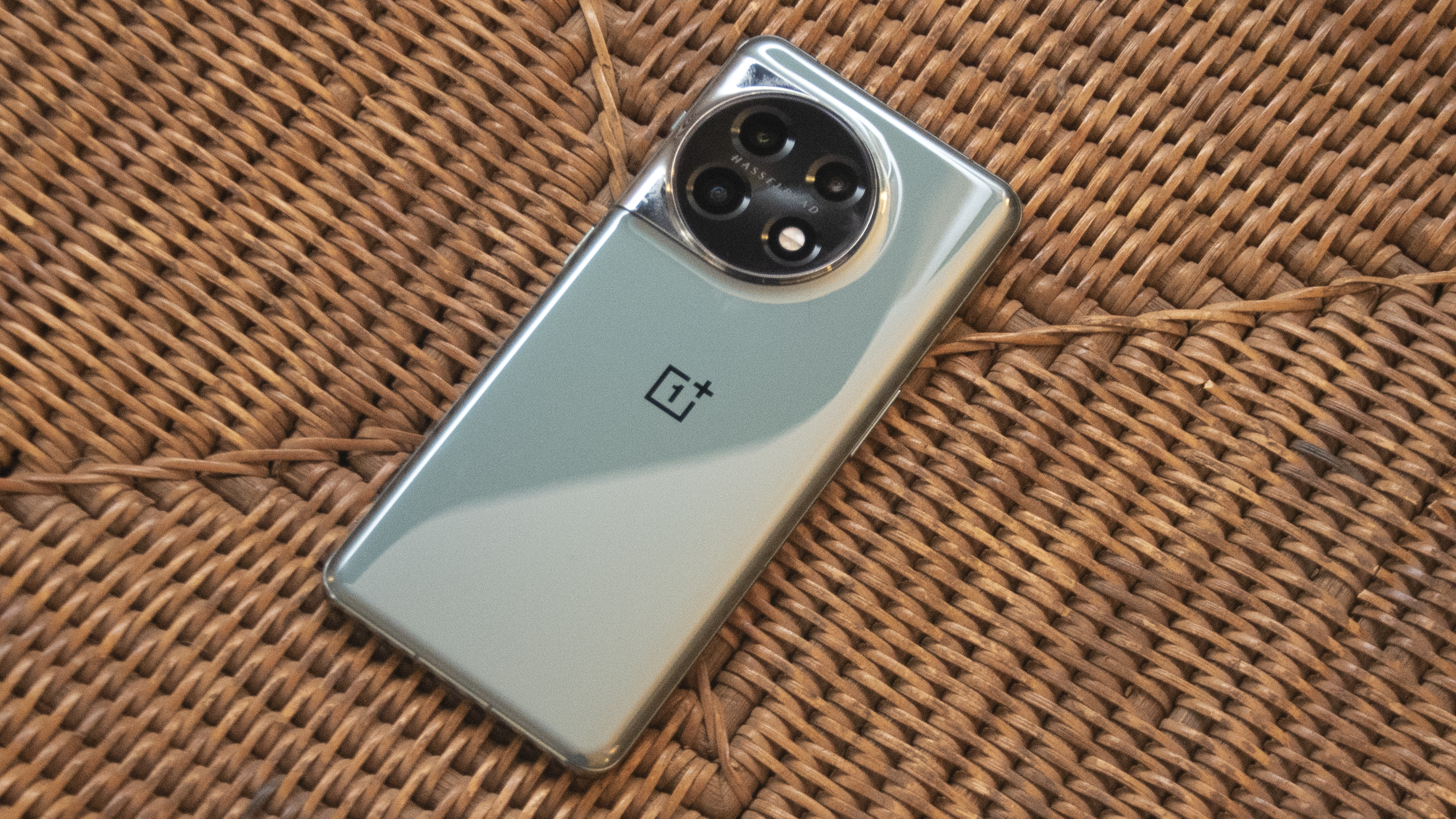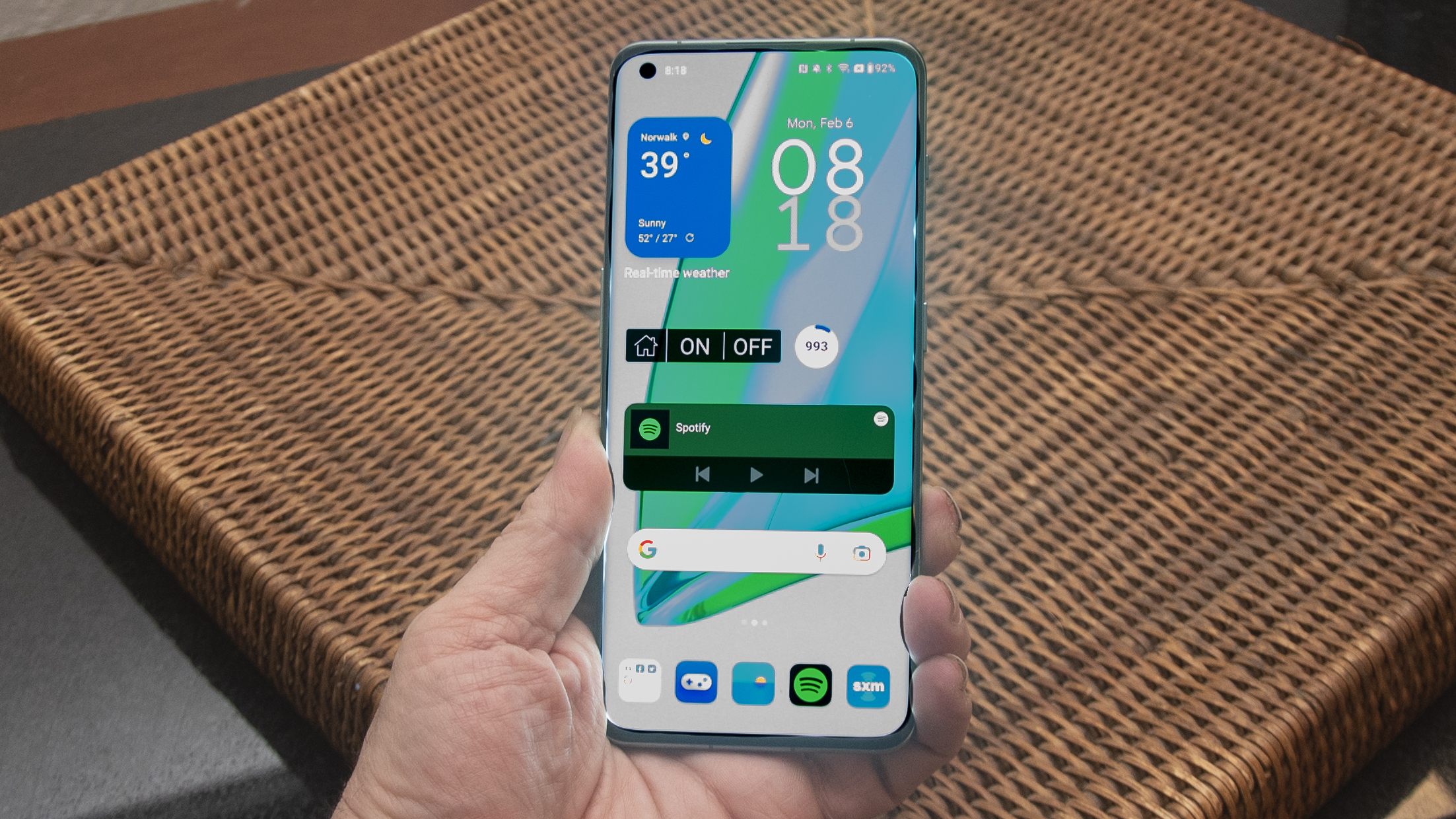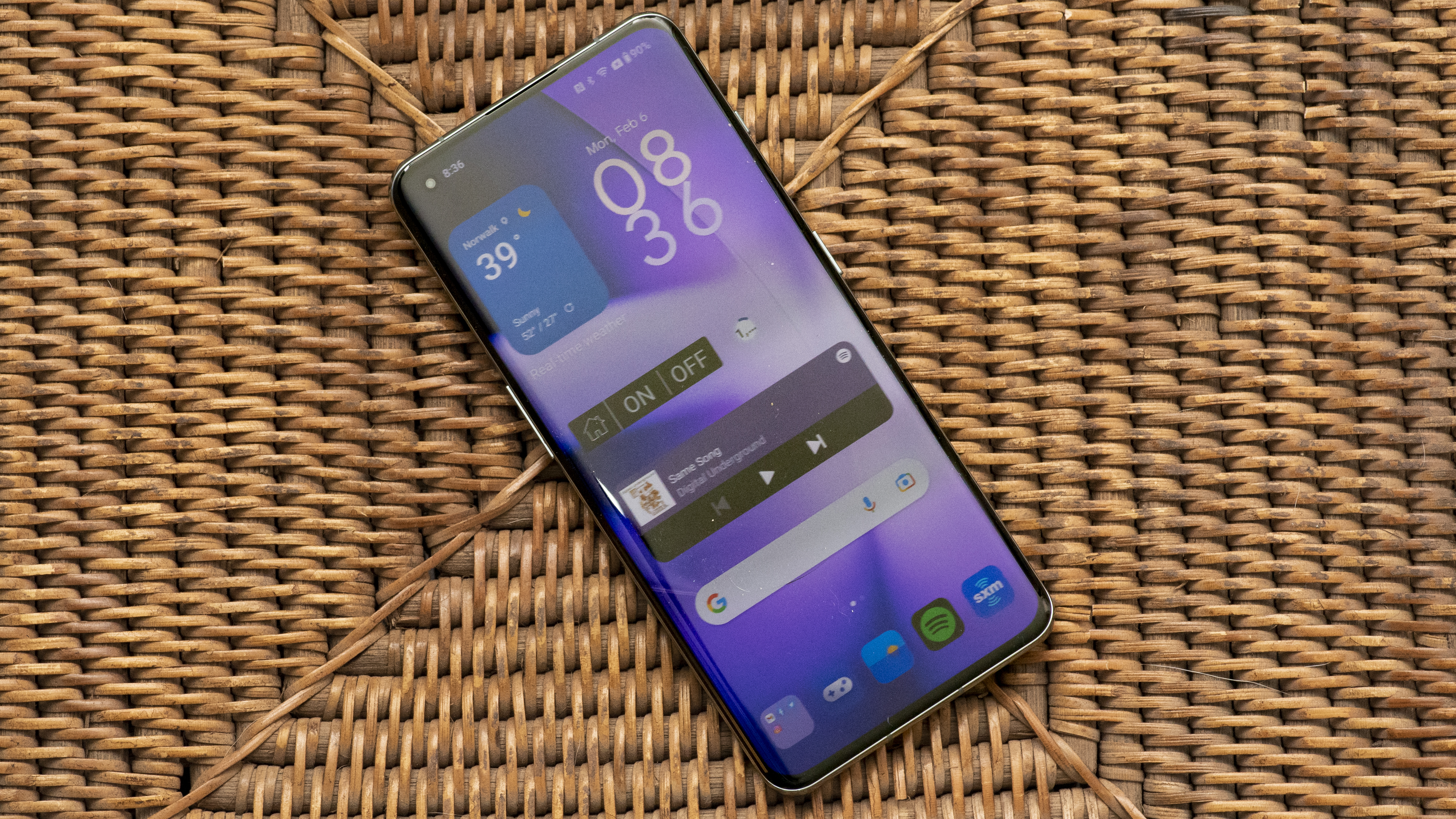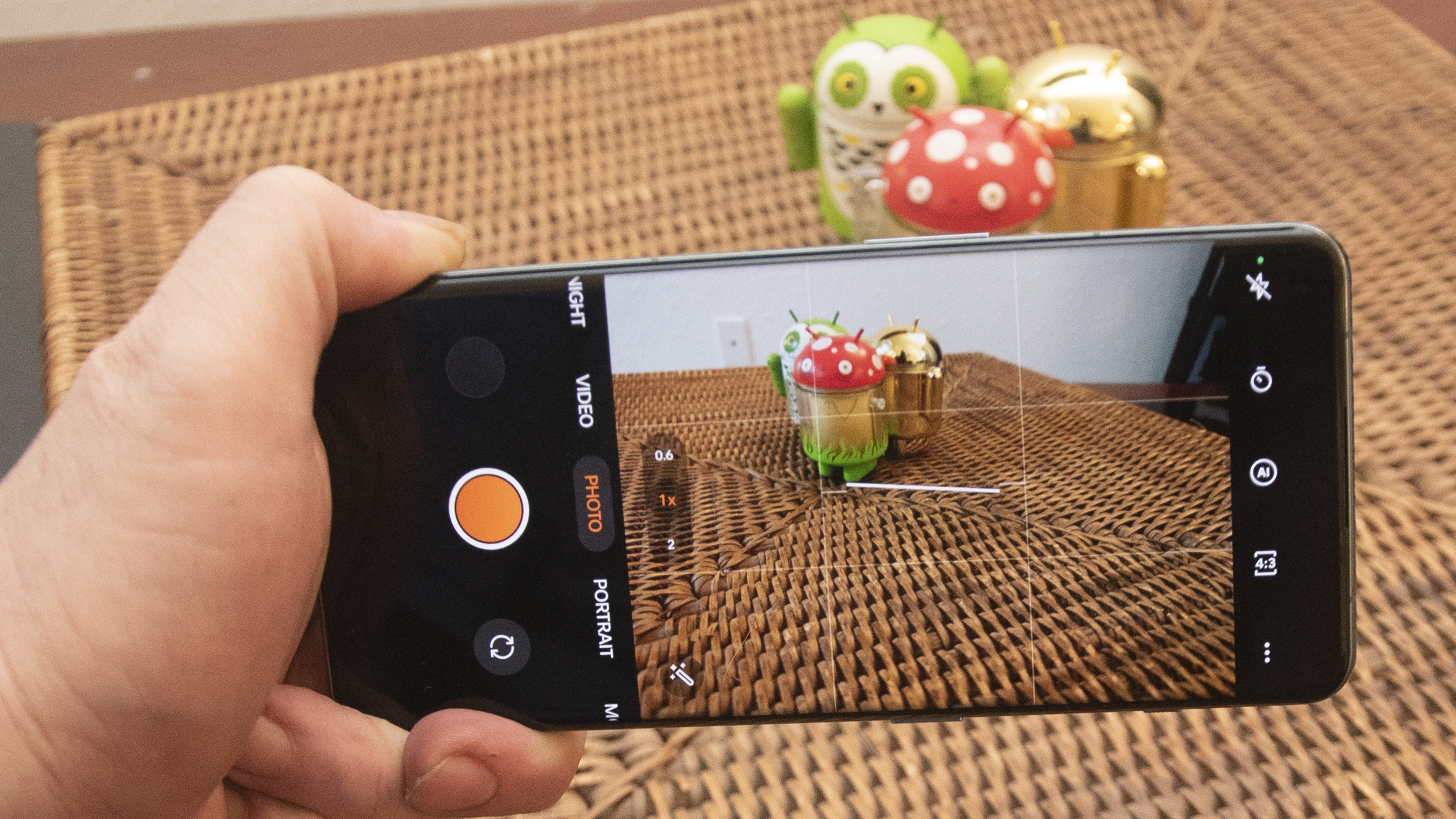OnePlus 11: everything you need to know
The OnePlus 11 has finally gone global

Following a January launch in China, the OnePlus 11 has now been launched globally, so important questions like how much it costs, and when and where you can buy it have now been answered.
You'll find all of that information below, along with full details of the OnePlus 11's specs, design and features.
With a top tier Snapdragon 8 Gen 2 chipset, a new design, new cameras, and more, this handset looks to easily be one of the best OnePlus phones ever. Our full OnePlus 11 review is live too, so you can see how it stacks up in practice, but read on for all the specs and on-paper information.
Cut to the chase
- What is it? OnePlus' 2023 flagship phone
- When is it out? Announced on February 7, on sale on February 16
- How much will it cost? Starts at $699 / £729 (around AU$1,010)
OnePlus 11 price and availability
The OnePlus 11 got its global launch on February 7 (following a launch just for China on January 9). It shipped as of February 16.
As for the price, the OnePlus 11 starts at $699 / £729 (around AU$1,010), which gets you a model with 8GB of RAM and 128GB of storage. There's also a version with 16GB of RAM and 256GB of storage for $799 / £799 (roughly AU$1,155). However, OnePlus doesn't sell its phones in Australia.
It's worth noting that in China there are some other models, including one with 512GB of storage, but only the above two options have gone global.
In any case, those prices make the OnePlus 11 cheaper than the OnePlus 10 Pro was at launch, as that phone officially starts at $899 / £799 (roughly AU$1,300). That's good news given that the OnePlus 11 is a Pro handset in all but name.
Get daily insight, inspiration and deals in your inbox
Sign up for breaking news, reviews, opinion, top tech deals, and more.
To sweeten the deal further, if you pre-ordered a OnePlus 11 you got a free gift, with options including a Bang & Olufsen Speaker or a pair of OnePlus Buds Pro 2, which were announced alongside the phone.

OnePlus 11 design and display
First up it's worth noting that there's so far only one OnePlus 11 model, and it's called the OnePlus 11 5G, yet has specs in line with a Pro model. So it's unlikely that a separate OnePlus 11 Pro will launch later – though we might see a OnePlus 11T later in 2023.
In any case, the OnePlus 11 has a design that includes a new circular stainless steel camera module, but that's otherwise not a million miles from the OnePlus 10 Pro, with a glass back in Eternal Green or Titan Black, a metal frame, and a punch-hole camera in the screen.
The black color is apparently inspired by black holes, while the green shade is said to be inspired by a rainforest at dusk. On March 29, OnePlus went a little further with the celestial inspiration and debuted a OnePlus 11 Jupiter Rock variant. This limited edition model is only sold in China and India, and features a completely different material than the global OnePlus 11. The company said it uses 3D microcrystalline rock and paired that with entirely new tooling processes to build the phone.
Applicable to all variants of the OnePlus 11, the phone is 163.1 x 74.1 x 8.53mm and 205g, it includes the company's signature alert slider, and the OnePlus 11's display is a 6.7-inch 120Hz 1440 x 3216 fluid AMOLED one, much like its predecessor. It has 525 pixels per inch and a 20.1:9 aspect ratio.
And while it tops out at 120Hz it can also drop as low as 1Hz for situations where a high refresh rate isn't needed, such as when using the always on display feature. The screen is also protected by Gorilla Glass Victus, so it's durable.

OnePlus 11 camera and battery
The OnePlus 11 has a triple-lens rear camera, with a 50MP f/1.8 IMX890 main sensor with optical image stabilization (OIS), a 48MP f/2.2 IMX581 ultra-wide sensor (with a 115-degree field of view), and a 32MP f/2.0 IMX709 portrait lens with 2x optical zoom, which the company claims allows for DSLR quality portraits.
That's a rather different setup to last year, with the portrait lens replacing its predecessor's telephoto, and the sensors differing.
As with the OnePlus 10 Pro, the cameras here include Hasselblad branding and technology, but there's a new 13-channel multi-spectral sensor for light-color identification too, which should improve the color accuracy of shots.
Video can be recorded in up to 8K quality at 24fps, or in up to 4K at up to 60fps, and there's a 16MP f/2.4 selfie camera.
On the battery front, the OnePlus 11 has a 5,000mAh one with 100W charging, which is fast enough for a full charge in just 25 minutes.
That's up from 80W on the OnePlus 10 Pro – though notably the 10 Pro charged at a slower 65W in the US, and we're seeing a similar split this time, with the US model charging slower – reportedly at 80W but that's not confirmed at the time of writing.

OnePlus 11 specs and features
The OnePlus 11 should be a very powerful phone, as it uses the top-end Snapdragon 8 Gen 2 chipset, which should offer a 35% CPU improvement, a 25% GPU improvement, and better power efficiency than the previous model.
There's also a hefty 8GB or 16GB of RAM, along with an advanced RAM management system, which OnePlus claims allows for improved performance when multitasking and gaming. In all, up to 44 apps can be active at the same time on the phone.
You should be able to push the OnePlus 11 hard too, as it has a Cryo-velocity VC Cooling System, which aims to keep it cool during prolonged gameplay and other heavy use.
As for storage, the OnePlus 11 comes with a choice of 128GB or 256GB. There's also an under-display fingerprint sensor, dual speakers with Dolby Atmos support, and it runs Android 13 with the company's OxygenOS 13 interface.
The OnePlus 11 will also be supported for a long time, as it will get four major Android updates and five years of security patches. It's the first OnePlus phone to be supported for that long, but it probably won't be the last, as the company previously revealed that "select devices launched in 2023 and beyond” will get that level of support.
James is a freelance phones, tablets and wearables writer and sub-editor at TechRadar. He has a love for everything ‘smart’, from watches to lights, and can often be found arguing with AI assistants or drowning in the latest apps. James also contributes to 3G.co.uk, 4G.co.uk and 5G.co.uk and has written for T3, Digital Camera World, Clarity Media and others, with work on the web, in print and on TV.
- Michael AllisonStaff Writer, Phones